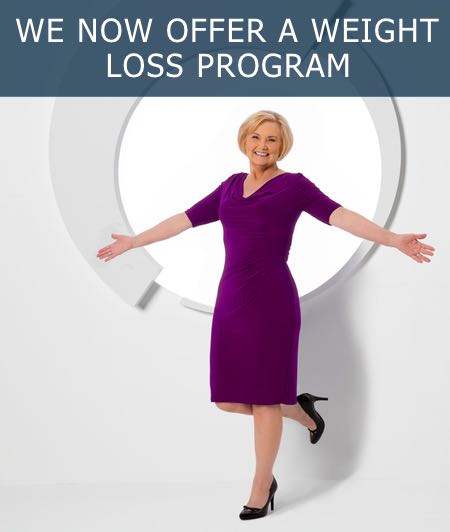CAPSULE ENDOSCOPY
What is a capsule endoscopy?
Sometimes, despite doing colonoscopy and upper GI endoscopy for a direct look in the lower and upper digestive reasons, the cause of a medical problem still isn’t clear and the small intestine may be the source. A capsule endoscopy is a non-invasive examination to search for bleeding or other ailments in the small intestine. A patient swallows a vitamin-size capsule that contains a tiny video camera which sends data to a recording device worn in a vest. The data is then transferred to a computer and the doctor scans the 8 hour (or more) video for clues to what problems may be found inside. After the capsule stops recording, it passes harmlessly out of the body in the stool within a day or two.
Your doctor may recommend a capsule endoscopy to help diagnose or treat the following conditions:
- Obscure gastrointestinal bleeding: in which the capsule endoscopy can help find the cause of bleeding.
- Inflammatory bowel diseases: The capsule endoscopy may find areas of inflammation in your small intestine in which doctor may be able to identify Crohn’s disease or other inflammatory bowel diseases.
- Tumors: Capsule endoscopy can identify tumors in the small intestine that might be causing blood loss.
- Celiac Disease: small studies suggest that capsule endoscopy can detect intestinal changes associated with celiac disease.
- Polyps: Those who have inherited polyposis syndromes can develop polyps in their small intestine.
Helpful Resources
How do I prepare for my procedure?
To prepare for a capsule endoscopy, your doctor might ask you to limit your diet. For part or all of 24 hours prior to the procedure, you will most likely be asked to drink only clear liquids. Sometimes the evening before the procedure, taking a laxative to flush out the bile and mucus in the small intestine may be important. In addition, the morning of procedure, one must fast to help ensure the camera captures clear and accurate images of your small intestine. Your doctor may also ask you to stop or delay taking certain medicines, so they do not interfere with the procedure. Only light exercise should be done the day prior to the exam, and exercise avoided the day of the exam. Food will resume a couple of hours after the capsule is swallowed the exam begins. And normal activity can occur the day after the capsule exam. Capsule endoscopies are done in your doctor’s office.
What can I expect after my procedure?
At the end of the procedure you will return to the office and the data recorder is detached so that images of your small intestine can be put on a computer screen for physician review. It takes about eight hours for the camera to record all the images of your small intestine. The exam starts with a short visit to the doctor’s office in the early am, and late in the day you return to the office to turn in the vest recorder. To make sure the recorder is continuously working during your time out of the doctor’s office, check for a small blinking light. You ordinarily should feel no side effects.
When will I know the outcome of the Capsule Endoscopy?
The physician will review and interpret the video images and prepare a report. Usually this is done within a few days and you would receive a call or be able to get the report from our portal. Results are sent to other physicians who may be treating you. Still photos of any abnormal findings are part of the report and the original video is stored on the computer.
What are the risks involved with the procedure?
Overall, patients find the test comfortable. Very seldom, a person may not be able to swallow the capsule, and if you have problems swallowing vitamin or other moderate size capsules, tell the staff before starting. Complications rare when physicians who are specially trained and experienced perform the procedure. A potential risk could be retention of the capsule, meaning it stops and doesn’t keep moving through you. This is usually an indicator of a blockage someplace that might not have been known about. Sometimes this is tested for ahead of time. If any significant abdominal pain, nausea or vomiting occur, notify the doctor doing your test without delay.
What are my alternatives to the Capsule Endoscopy?
Capsule Endoscopy is usually used when other methods such as: upper GI endoscopy, Colonoscopy and/or direct scope Enteroscopy have failed to provide a diagnosis. Alternatives like “deep enteroscopy” involves passing a very long endoscope into the small intestine and is sometimes necessary. This is more invasive however and carries a greater risk.


